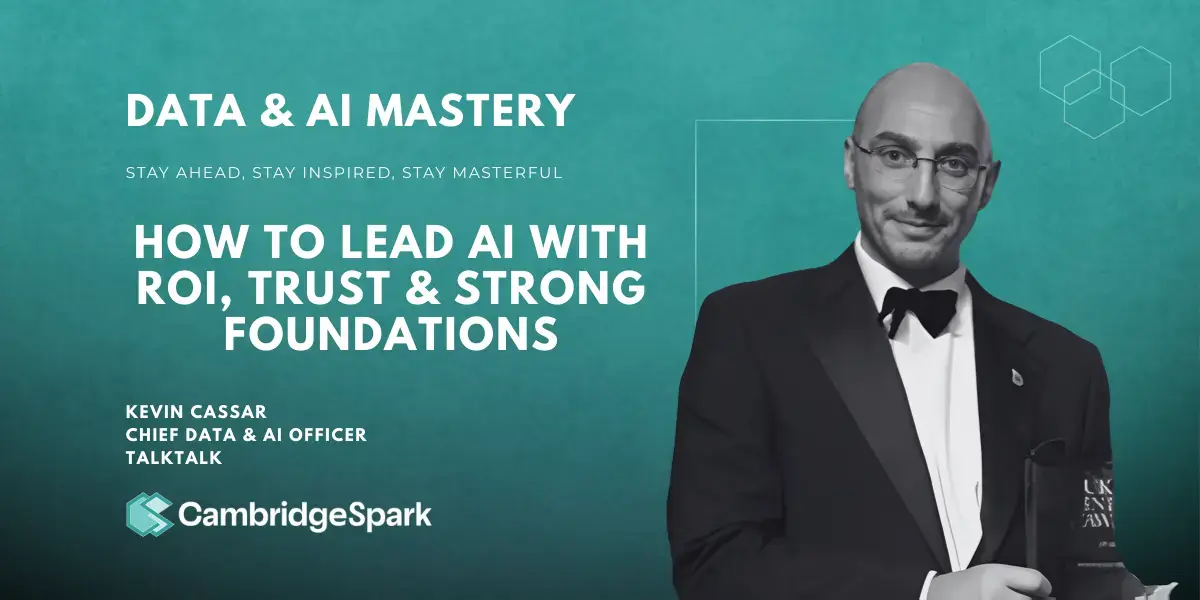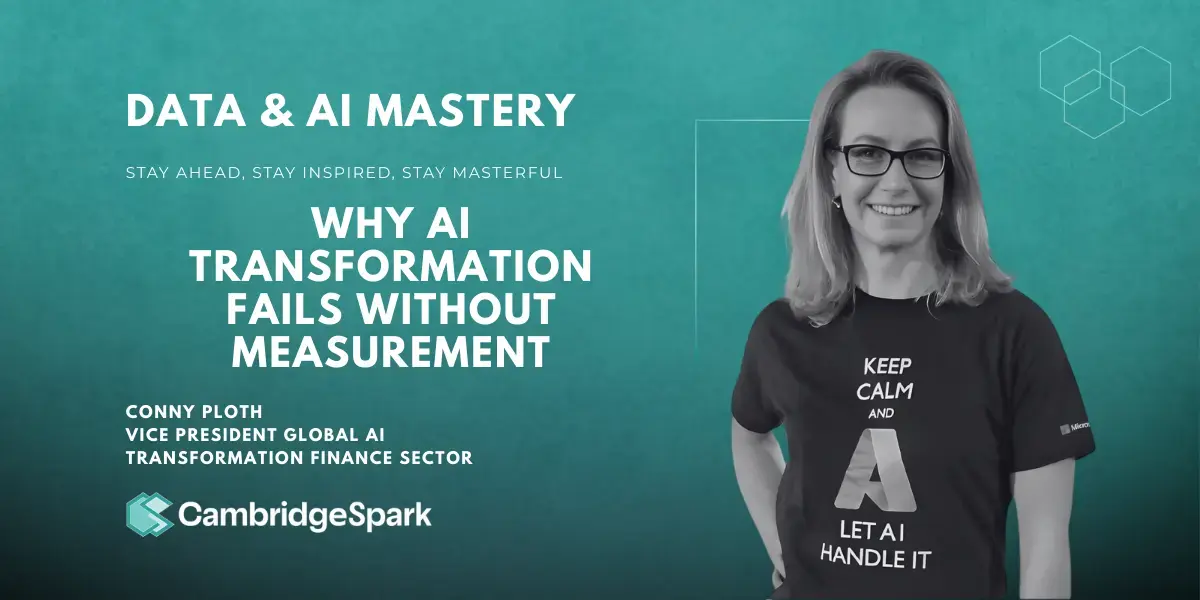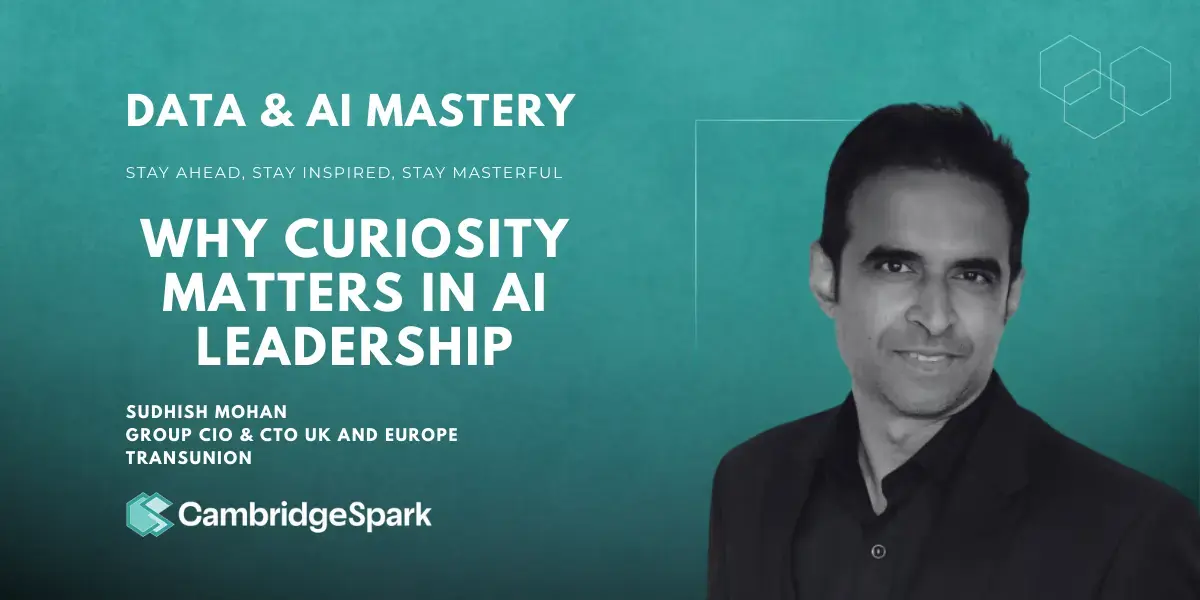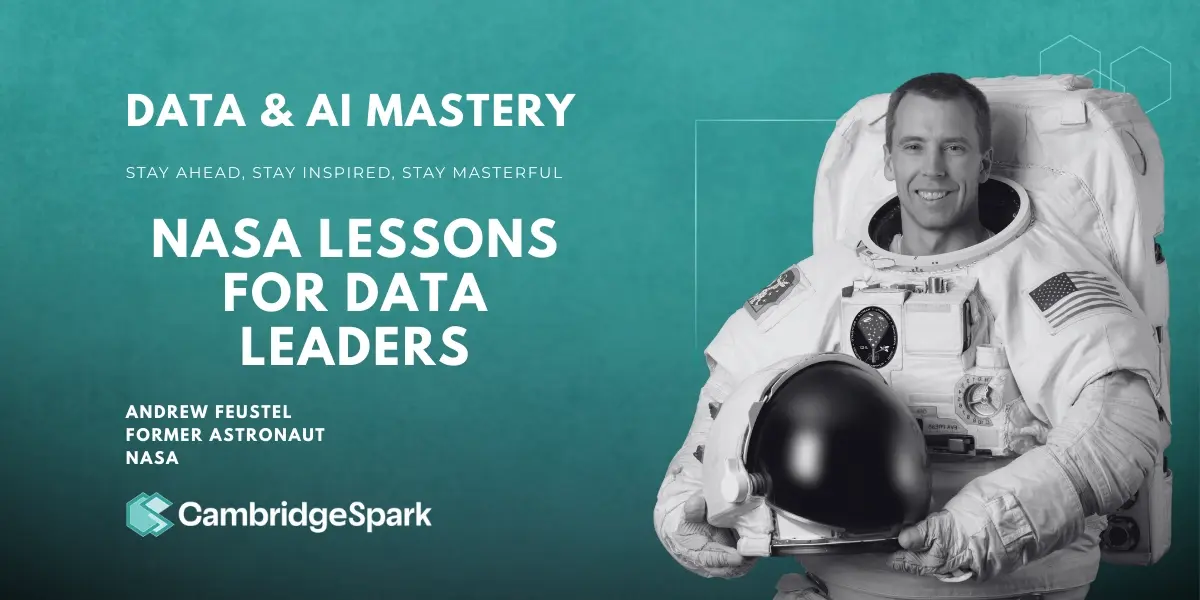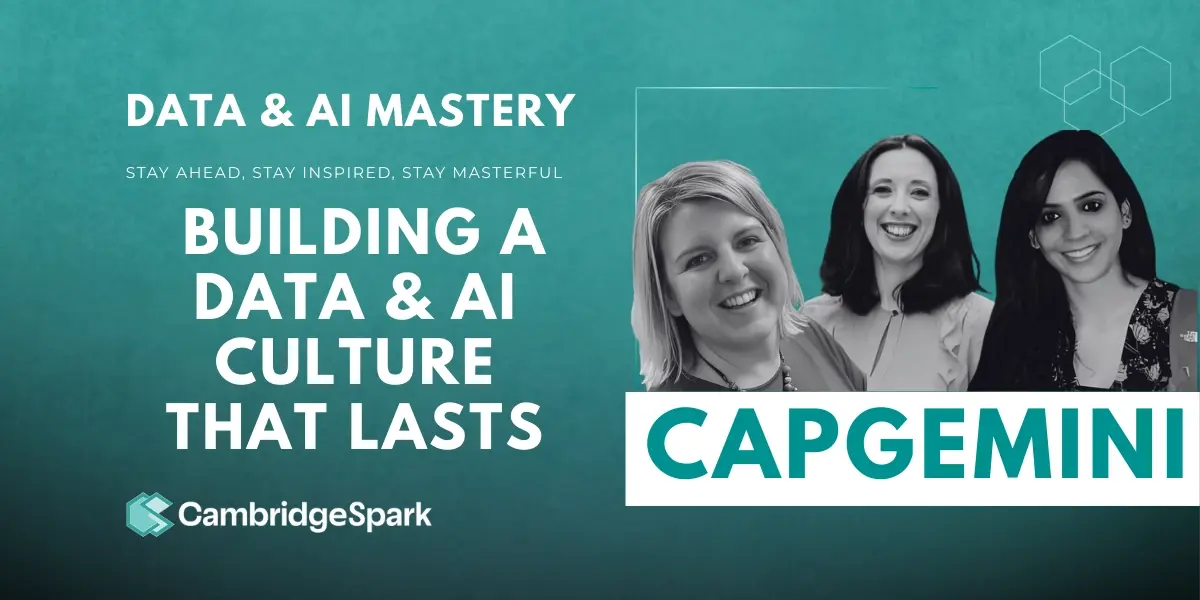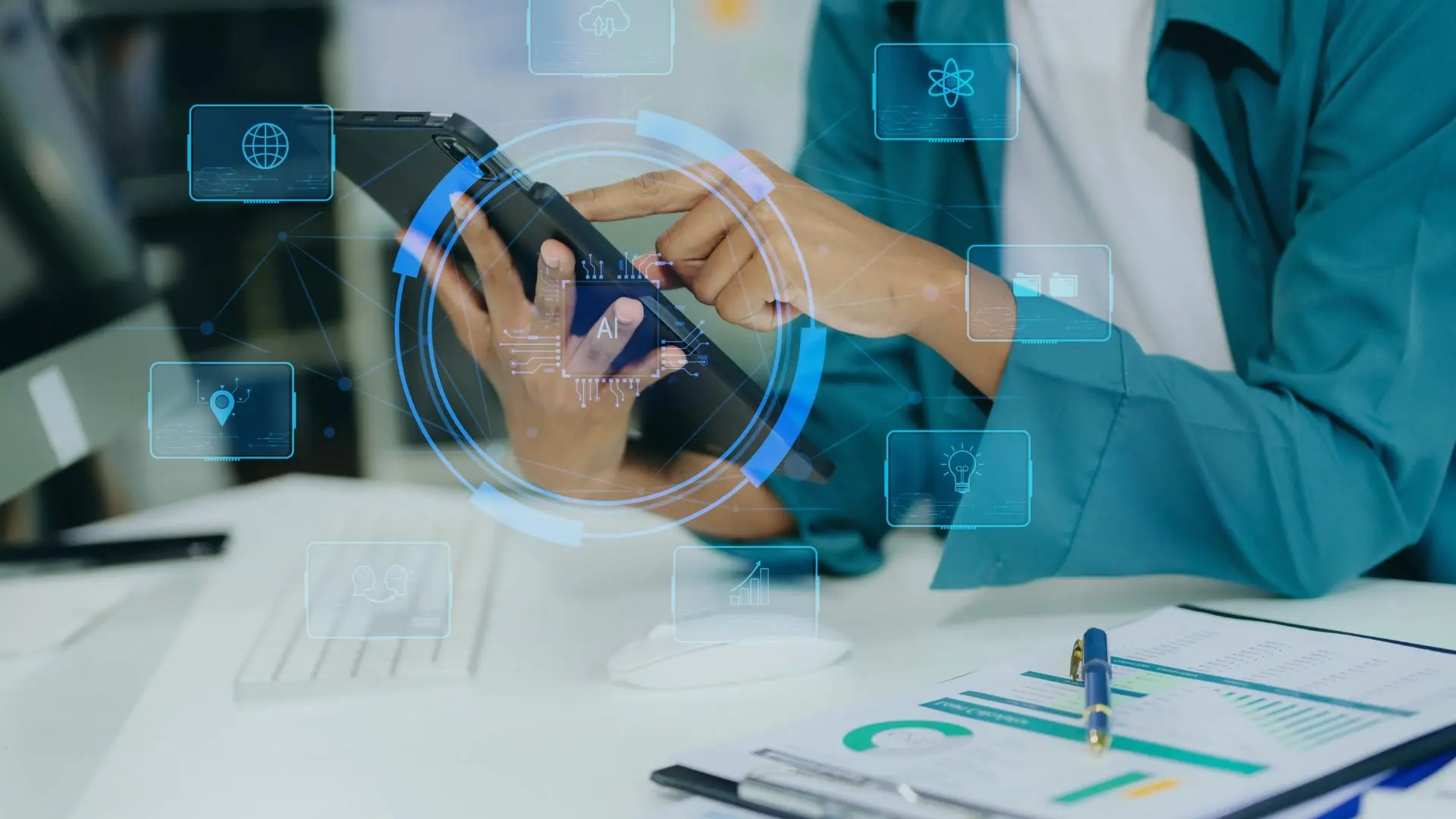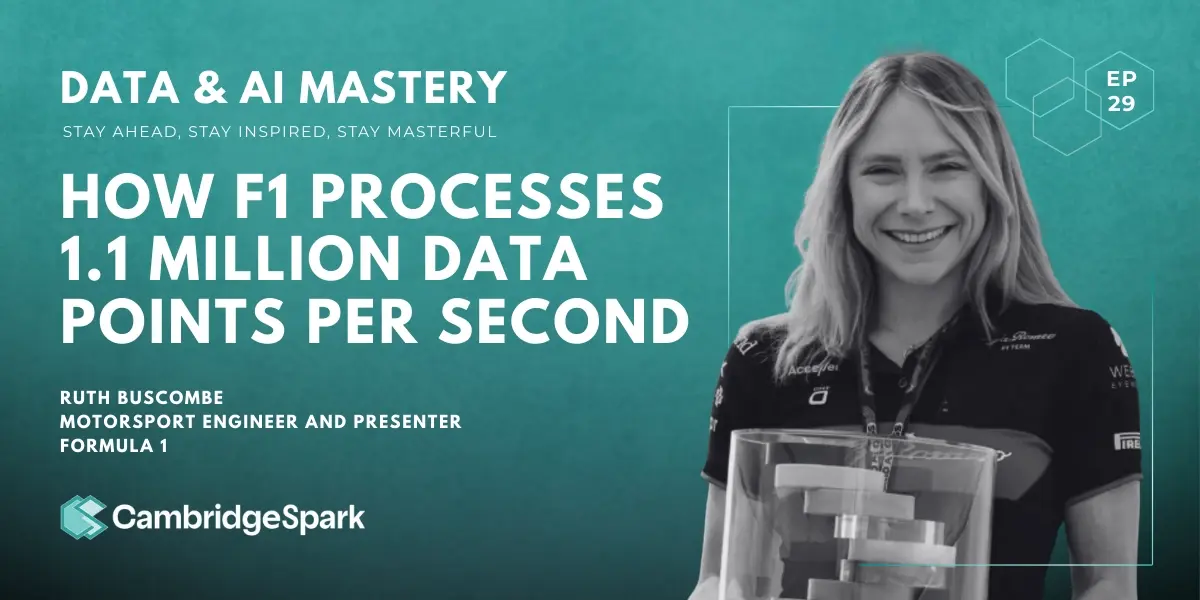Latest from Cambridge Spark
Stay up to date with the latest from Cambridge Spark. Read our blogs, news, and updates.
January 27 2026
Beyond the License: Why Your Enterprise Needs Workflow Architects, Not Just AI Users
Unlock your team's potential with the level 4 AI Workflow Specialist apprenticeship, driving business transformation and ROI through strategic upskilling.
Stay informed!
Sign-up for our newsletter and get informed about all the latest news and insights.
Upskill your workforce
Upskill your workforce and accelerate your data & AI transformation with expert technical programmes designed to create impact.





